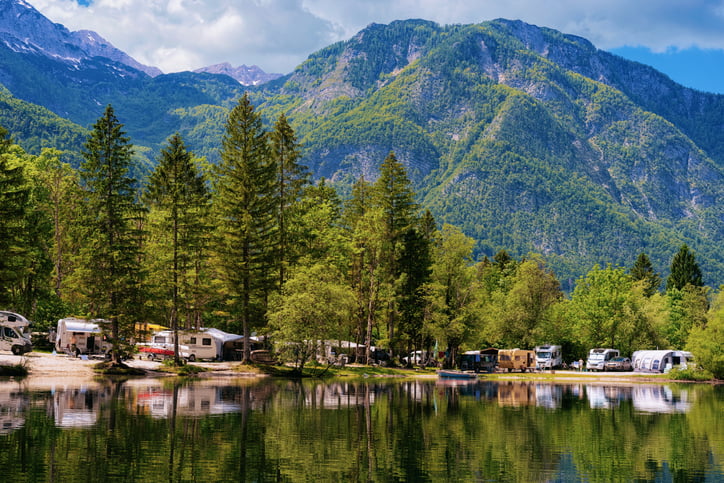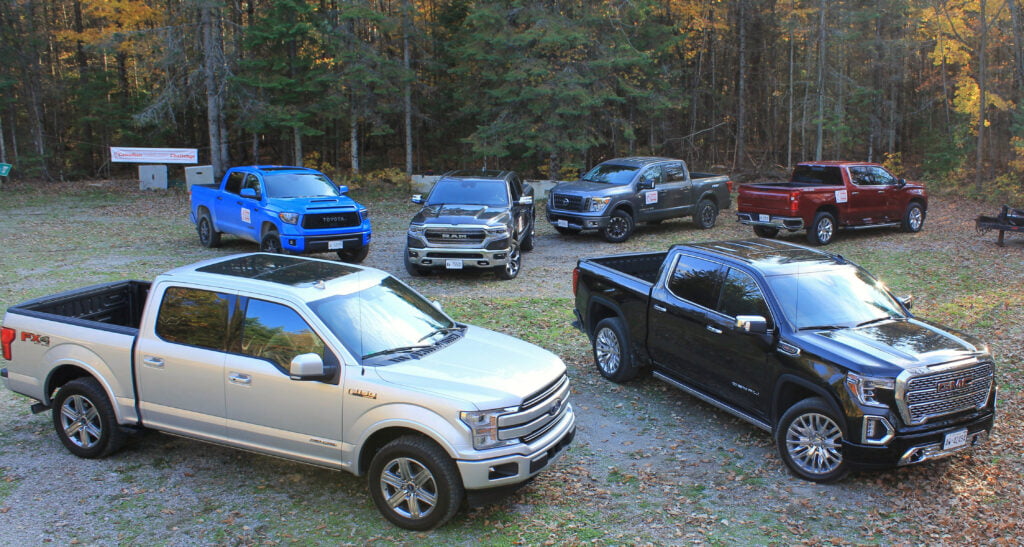Despite what you’ve heard – size matters. OK… give me a minute and follow my thoughts. If you’re reading this you already own an RV. That’s a given. When you bought that RV, you were at a certain age and your life was at a stage that suited the specific purchase you made.
However, time marches on and our lifestyles and situations change. So, it makes sense to review your RV needs from time to time as the years pass. The wants of every couple change and you will outgrow – or sour, on the unit you currently have. Today is the day to be thinking about adjusting the type of recreational vehicle you may now need/want.
I mention size right off the top because in the same way we downsize our homes as we age many RVers will also downsize their trailers/motorhomes. This is a result of needing fewer beds and often, frankly, making the towing/driving just a little easier. In this case smaller may well be better. Certainly, as we age our driving abilities do deteriorate (I’m trying to be gentle here – but we all know its true) so piloting smaller, lighter RVs may be the answer to staying on the road -rather than just giving up on camping all together. But, take heart, the RV industry has what you need – you just have to imagine it.
If this evaluation of where you are at in your RVing life isn’t a mental exercise you’ve undertaken recently, well then allow me to take you back to RVing 101 – it never hurts to review the basics of what’s available to you. In fact, I’m sure you’ll be surprised at the personal answers you come up when you ask the question; “What do I honestly need/want in an RV today?”
So, the goal of this exercise is to establish your current wants/needs – and those in your immediate future, especially if this means heading over to the RV dealer’s lot. Rarely does an RVer go through life without changing units – so, is this the right time?
Of course, this is not your first rodeo, but be careful as you head out to the dealer lots, emotions can run high and an RV buying decision made on heartfelt longing alone can have dire consequences. Consider the things you want/need before you get to the showroom. Your goal is to shop smart, and buy the next RV that’s right for you and your current lifestyle.
First: What kind of camping do you enjoy? As in – how has that changed for you. Do you still want to go Primitive (no services) or do you only want full-service RV campgrounds often called resorts now? A clue to your “type” of camping is the activities you pursue now. Do you fish in remote locations or do you consider 36 holes of golf a day roughing it? Almost as important is who you camp with. Younger families have different wants then say empty-nesters. Then there is time. Are your RVing adventures going to be restricted to weekends or will you travel for extended periods. Are you newly retired? – that changes everything.
Second: Wants are nice, but budgets are important. Establish how much you’ll spend, before you get to the dealer. You know RV’s have annual insurance and maintenance costs; possibly storage charges as well. These change with a change of units. Know what your trade-in is worth, before asking, – and find out about possible financing options. Most RV dealers keep track of these, after all they have a vested interest in getting you the best deal.
Third: Motorized RV or not. Have you always towed? Want to change it up? This is a function of what vehicle you already own – and what you want to do, where you want to go. Just remember that with an engine the motorized RV will have all the inherent maintenance, insurance and depreciation issues associated with any automobile. Factor this into your decision.
Here is a quick recap of the types of RVs available to you. Frankly, the manufacturers are constantly innovating and introducing new models to suit an ever-expanding lifestyle demand. Within each of these classes there may very well be the unit that is perfect for you. However, research is required. Remember – we will soon be able to go to RV shows again – but the internet is your prime information source.
Class A
The class A motorhome is characterized as having a bus style chassis and shape. The lower end class As are mostly front gas engine equipped, while the more expensive ones are known as “diesel pushers.” These have a diesel engine in the rear of the coach. At the top of this group, you’ll find luxury models that easily eclipse the half million-dollar mark.
Class B
These van conversions utilize a modified van body and provide basic amenities in a very compact space. This RV is most likely to double as a second car. Because of their easy drivability these units are becoming ever more popular. These vans are also diesel powered now and even feature 4WD for real off-road adventures.
Class C
Most Class Cs are built on a cutaway chassis that comes complete with a manufactured cab. Easily recognizable by the bed-over-cab design, these units are almost always gas powered and seldom grow beyond 30 feet. They often sleep up to eight and are a favorite among families.
Truck Campers
Slide-in campers are available to fit nearly any pickup, from six-foot pop-up versions to 11-foot units with slide out rooms and all the amenities. These units are compact, but if you already own a pickup truck (or if you need to tow your boat, ATVs or horse trailer) then this may be the right unit for you.
Folding Campers
These trailers are relatively inexpensive, yet they offer a pair of double beds, a dinette and basic cooking facilities. They are light, easy to tow and setup quickly. Many of these units are equally at home in primitive or serviced campgrounds. These units can be very plain or can be accessorized with water heaters, air conditioners, slide out rooms and even refrigerators.
Travel Trailers
From six-foot mini-trailers to 40-foot luxury condos on wheels there is something for everyone in this market. Travel trailers can be modest, but they can also be opulent. If you’ve decided to tow your RV than there are hundreds of choices available to you. The travel trailer is also the most often used as a semi-permanent vacation home. So, if you don’t want to tow anymore you can still RV by staying in one place.
Fifth Wheel Travel Trailers
With over half of all new vehicle sales in Canada being pickup trucks – this RV segment deserves special mention. These trailers utilize a “fifth wheel” hitch (the hitch is fixed over the rear axle in the bed of the truck) instead of the more traditional bumper hitch. Some people prefer the handling offered by this type arrangement along with the weight distribution. Fifth wheels are now offered in a very large range of sizes and weights.
Whichever unit you decide on, remember an RV is just a conveyance, but the lifestyle it offers is unique. Gather up your family (or grandkids) and hit the road (or not); just enjoy the journey.




